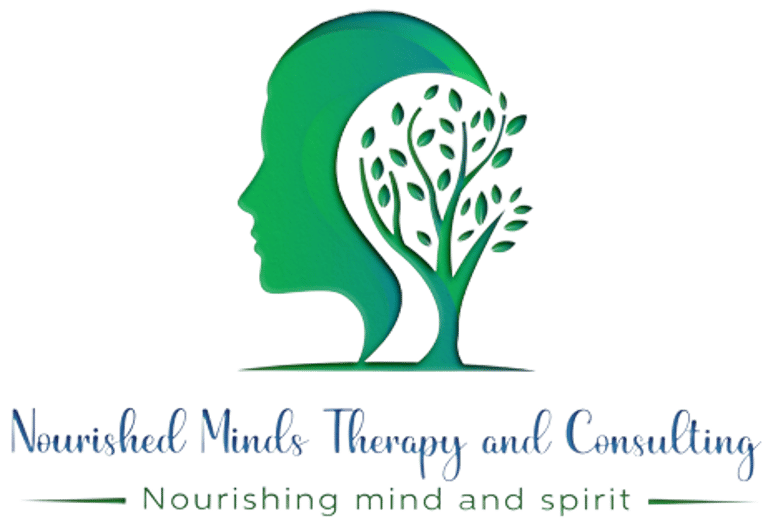


Emotions play a vital role in our lives, acting as a roadmap that guides us through the ups and downs of our experiences. They serve as valuable indicators, letting us know what our body needs and pointing us in the right direction. Understanding and acknowledging our emotions can literally help "show us the way" to wellbeing.
The Purpose of Emotions
Emotions are not random occurrences; they have a purpose. They are a complex interplay of physiological and psychological responses to various stimuli. Our emotions provide us with information about our needs, desires, and the world around us.
For example, when we feel joy, it indicates that we are experiencing something positive and fulfilling. This emotion encourages us to seek out similar experiences and reinforces behaviors that contribute to our happiness. On the other hand, when we feel fear, it alerts us to potential dangers and triggers our fight-or-flight response, preparing us to protect ourselves.
Emotions as a Guide
Emotions act as a guide, directing us towards actions that allow us to meet our needs and progress through life. They provide us with an understanding of our inner selves, helping us realize our desires, values, and boundaries. For instance, if we feel a sense of dissatisfaction or frustration, it could be a sign that something in our lives needs to change. Misinterpreting the frustration as simply being tired or overwhelmed might lead us to rest or take time off work, when really we needed to make a change to some aspect of our life that was frustrating us. Properly recognizing the dissatisfaction prompts us to reflect on our current situation and take steps towards improvement. Similarly, feelings of sadness may indicate a need for connection and support, prompting us to reach out to others for comfort. Dismissing the sadness by avoidance, suppression, or minimizers such as "I'll get over it," is likely to lead us further into difficult emotional states, such as anger or depression.
The Importance of Emotional Awareness
Emotional awareness is the ability to recognize and understand our own emotions and the emotions of others. It is a crucial skill that allows us to manage relationships, make better decisions, and handle stress effectively. When we are emotionally aware, we can identify our emotions as they arise, without judgment or suppression. This self-awareness helps us regulate our emotions and respond to situations in a more constructive manner. It also enables us to empathize with others and build better more solid connections.
Emotional awareness is not always easy--far from it. It is easy and often time saving (in the short term) to neglect our emotions or dismiss them as insignificant. We may even feel uncomfortable with certain emotions and try to avoid or suppress them. But by doing so, we miss out on important insights and hinder our personal growth.
Developing Emotional Intelligence
Similar to emotional awareness, emotional intelligence involves the ability to recognize and understand our emotions, but it takes it a step further by incorporating the ability to manage our emotions and the emotions of others. It involves developing skills such as self-awareness, self-regulation, empathy, and effective communication. If we have high emotional intelligence, not only are we capable of acknowledging and regulating our own emotions, but we are going to be able to handle the emotions of others in a healthy way; we will be able to avoid getting pulled into wars of words, tit for tats, or others' emotional dramas.
Here are some strategies to help develop emotional intelligence:
Practice mindfulness: Mindfulness involves being present in the moment and observing our thoughts and emotions without judgment. It helps us develop a deeper understanding of our inner experiences and enhances our emotional awareness.
Reflect on your emotions: Take time to reflect on your emotions and their underlying causes. Double emphasis on the word "time." I find this is an aspect people tend to struggle with the most when it comes to building their emotional awareness and tolerance--it's difficult to carve out the time to just "be with" an emotion. But this is such a critical first step; all the coping strategies in the world will be futile if you are responding to the wrong prompt and missing the core of what is affecting you. Ask yourself why you are feeling a certain way and what it might be trying to tell you. Journaling can be a helpful tool for this process.
Seek support: Reach out to trusted friends, family members, or professionals who can provide support and guidance. Talking about your emotions can help you gain perspective and find healthy ways to cope. Getting a fresh pair of eyes and ears on a concern can really help put whatever is happening into a more manageable context.
Practice empathy: Put yourself in someone else's shoes and try to understand their emotions and perspective. This can enhance your ability to connect with others and build stronger relationships.
Communicate effectively: Learn to express your emotions in a clear and assertive manner. Effective communication allows others to understand your needs and helps prevent misunderstandings and conflicts.
The Benefits of Emotional Well-being
When we really give our emotions the proper attention and priority they deserve, we experience a range of benefits:
Improved mental health: Understanding and managing our emotions can reduce symptoms of anxiety, depression, and stress. It promotes a sense of calm and enhances our overall mental well-being.
Enhanced relationships: Emotional awareness and intelligence enable us to build deeper connections with others. We can communicate more effectively, resolve conflicts, and create stronger relationships.
Increased self-awareness: When we are in tune with our emotions, we gain a better understanding of ourselves. This self-awareness allows us to make choices that align with our values and goals.
Improved decision-making: Emotions provide valuable insights that can inform our decision-making process. By considering our emotions alongside rational thinking, we can make more well-rounded and informed choices.
Greater resilience: Emotional well-being equips us with the tools to cope with challenges and bounce back from setbacks. It helps us develop resilience and adaptability in the face of adversity.
Emotions are not to be feared or ignored; they are our allies, guiding us through life's road trip. I challenge you to listen to your emotions, today, tomorrow, and moving forward, and allow them to guide you towards a life that's truly meaningful to you.







